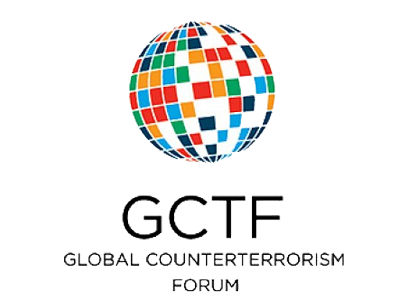The North Africa Post
The United States and Morocco officially launched the “Initiative to Address Homegrown Terrorism” on November 16 in Malta, convening over 70 government officials, law enforcement officers, and non-governmental representatives from 25 countries.
The initiative, launched under the auspices of the Global Counterterrorism Forum (GCTF) and in partnership with the International Institute for Justice and the Rule of Law, aims to “ “[address] the growing threat posed by ISIL/Da’esh-inspired and linked Homegrown Violent Extremists (HVEs), exploring ways for stakeholders to tackle these issues in a coordinated manner.”
Announced in September as part of the (GCTF), the initiative is launched at a context marked by ISIS’s prolific use of social media that has expanded its reach throughout the world, allowing the group to direct or inspire adherents, including those who have never stepped foot in a conflict zone, to commit acts of terrorism in their own countries.
The homegrown terrorism threat is growing as ISIS attempts to compensate for the loss of control of territory in Iraq and Syria by encouraging and directing attacks elsewhere, including by leveraging foreign terrorist fighters relocating from the conflict zone. Recent attacks in Barcelona, New York, and Manchester, show no country is immune to these terrorist attacks.
The participants in this initiative discussed the trends and issues associated with homegrown terrorism, and highlighted available tools and programs to address this threat. Participants reviewed ways to improve information sharing, both within and among governments, and examined prevention and intervention programs.
This initiative will result in non-binding good practices for policymakers and practitioners that will highlight comprehensive and integrated approaches to preventing and detecting homegrown terrorists.
Morocco is committed to promoting regional security and cooperates closely on counterterrorism and other security efforts with the US and countries throughout Europe and the Middle East.
In addition to serving as Co-Chair of the GCTF, Morocco participates in the State Department Antiterrorism Assistance Program, cooperates with US Customs and Border Protection and DHS to address watch-listed travelers, and has a framework agreement with the US to develop “mutual expertise in the areas of crisis management, border security, and terrorism investigations to strengthen regional counterterrorism capability and to deny space to terrorism and terrorist networks.”
Morocco is also at the forefront of efforts to counter the appeal of violent extremism within its own borders and in the broader region. One of Morocco’s key programs to provide religious training – by the Mohammed VI Institute for the Training of Imams, Morchidines, and Morchidates, which aims to prepare the next generation of Muslim religious leaders from across the region to counter extremist interpretations of Islam – continues to be in high demand, and in 2018 will welcome a record 1,240 foreign Islamic preacher trainees from Mali, Guinea, Côte d’Ivoire, Senegal, Chad, Nigeria, and France.
Posted by
North Africa Post’s news desk is composed of journalists and editors, who are constantly working to provide new and accurate stories to NAP readers.








